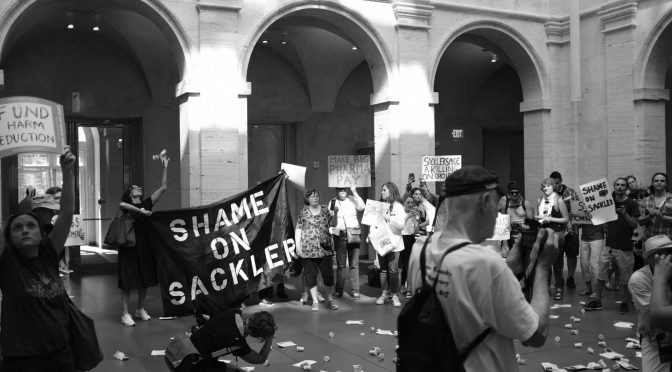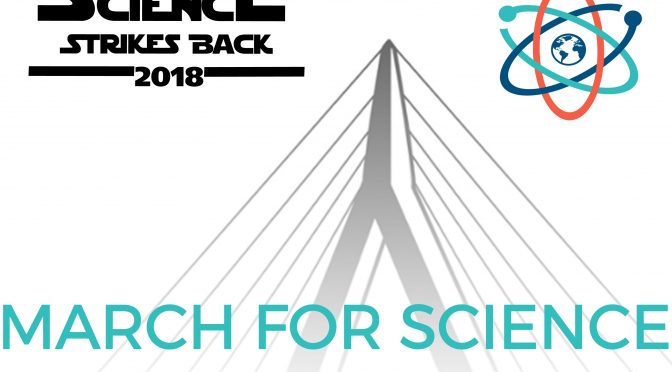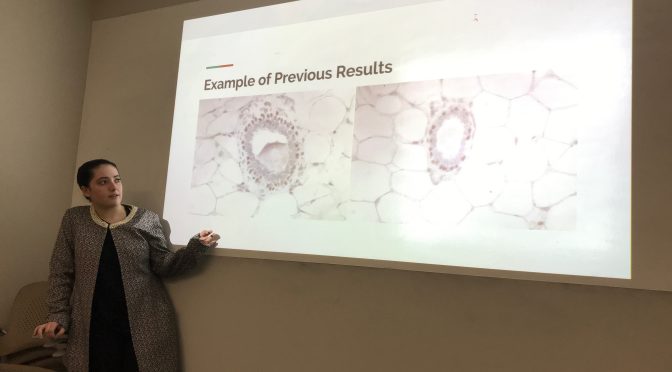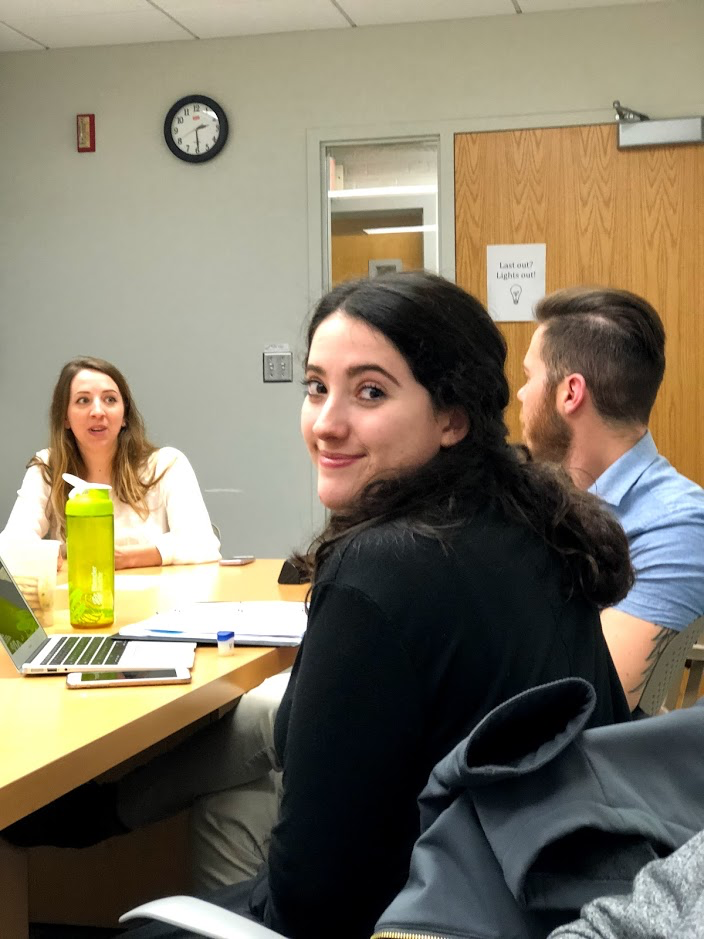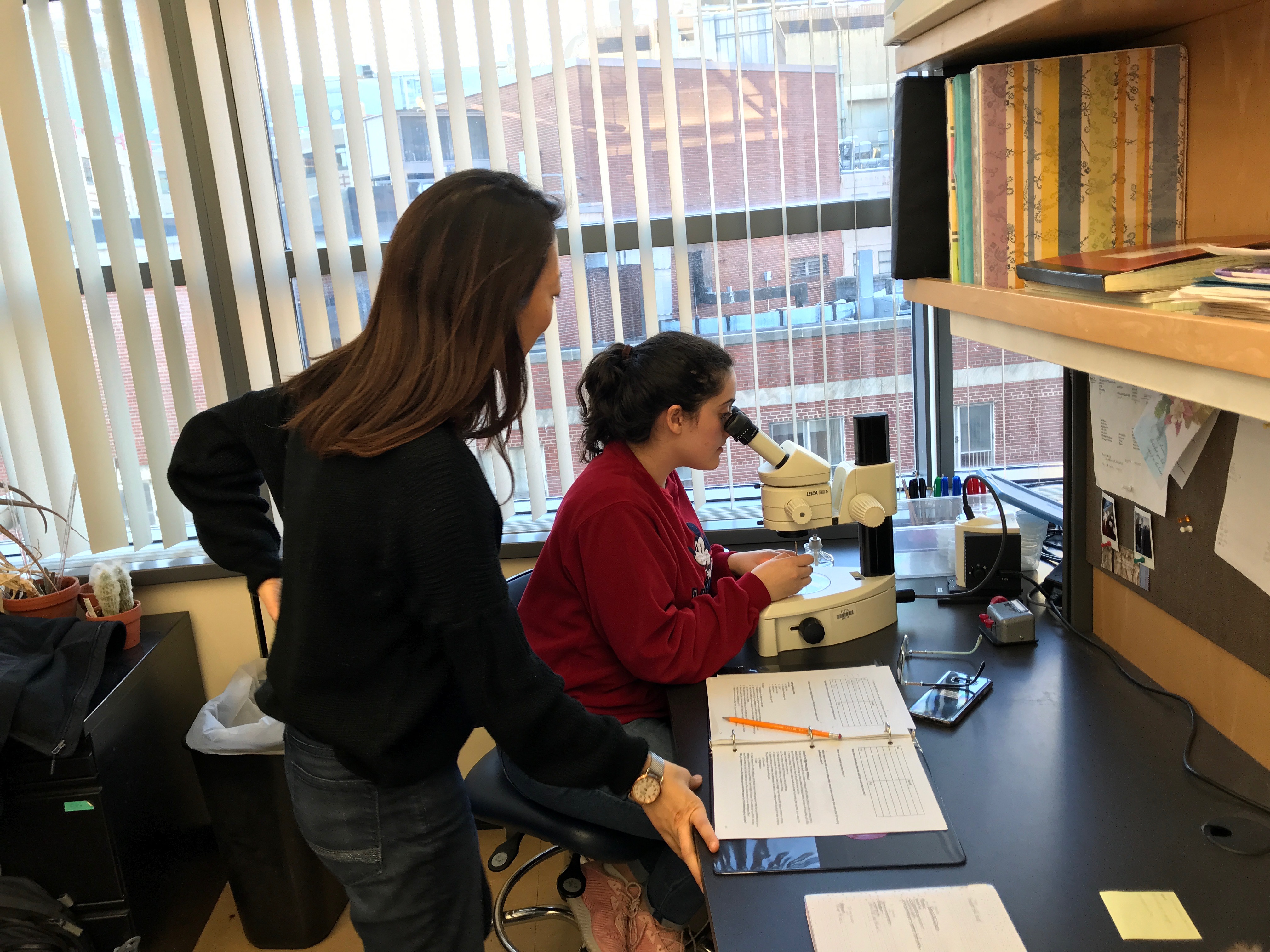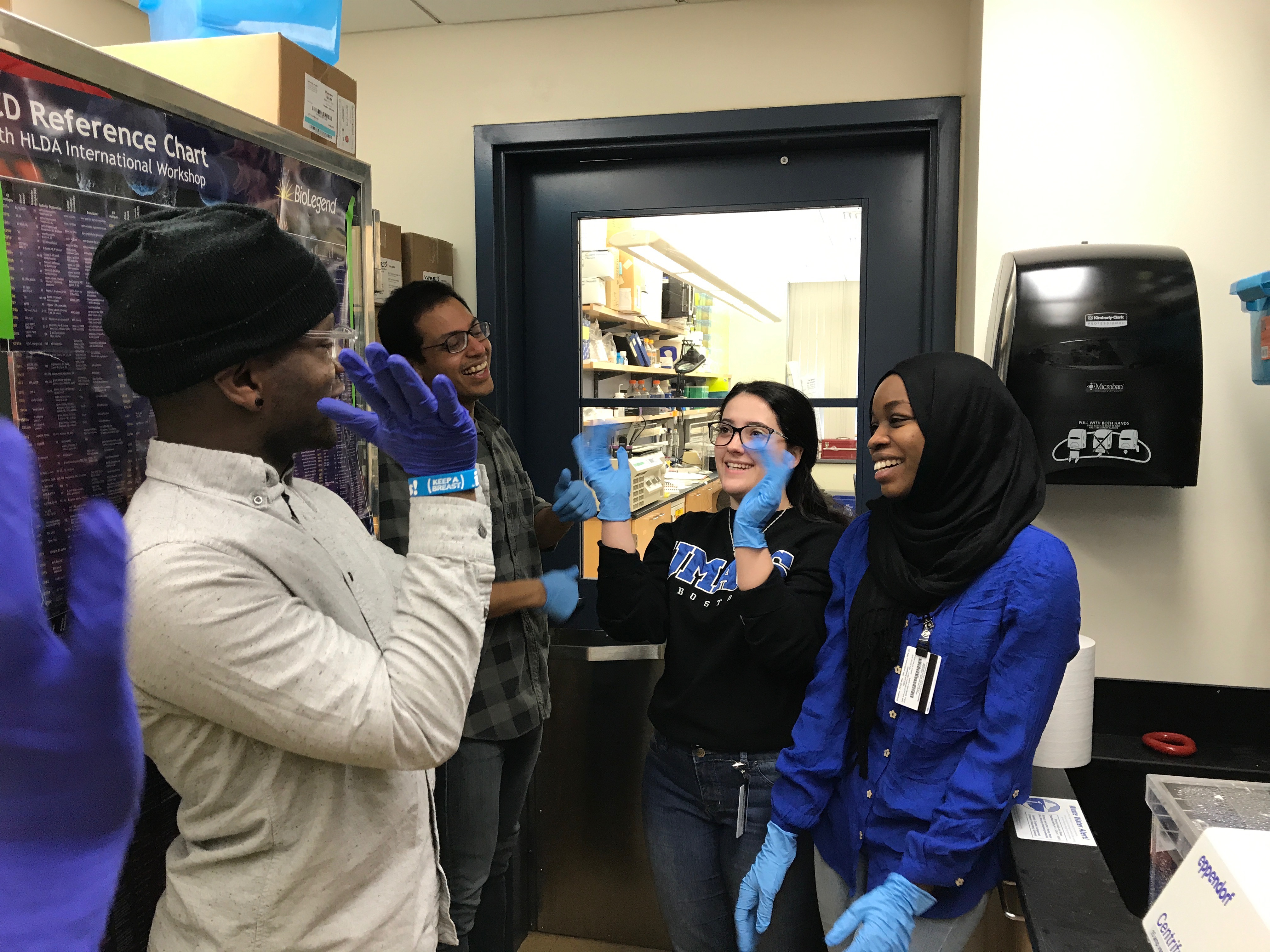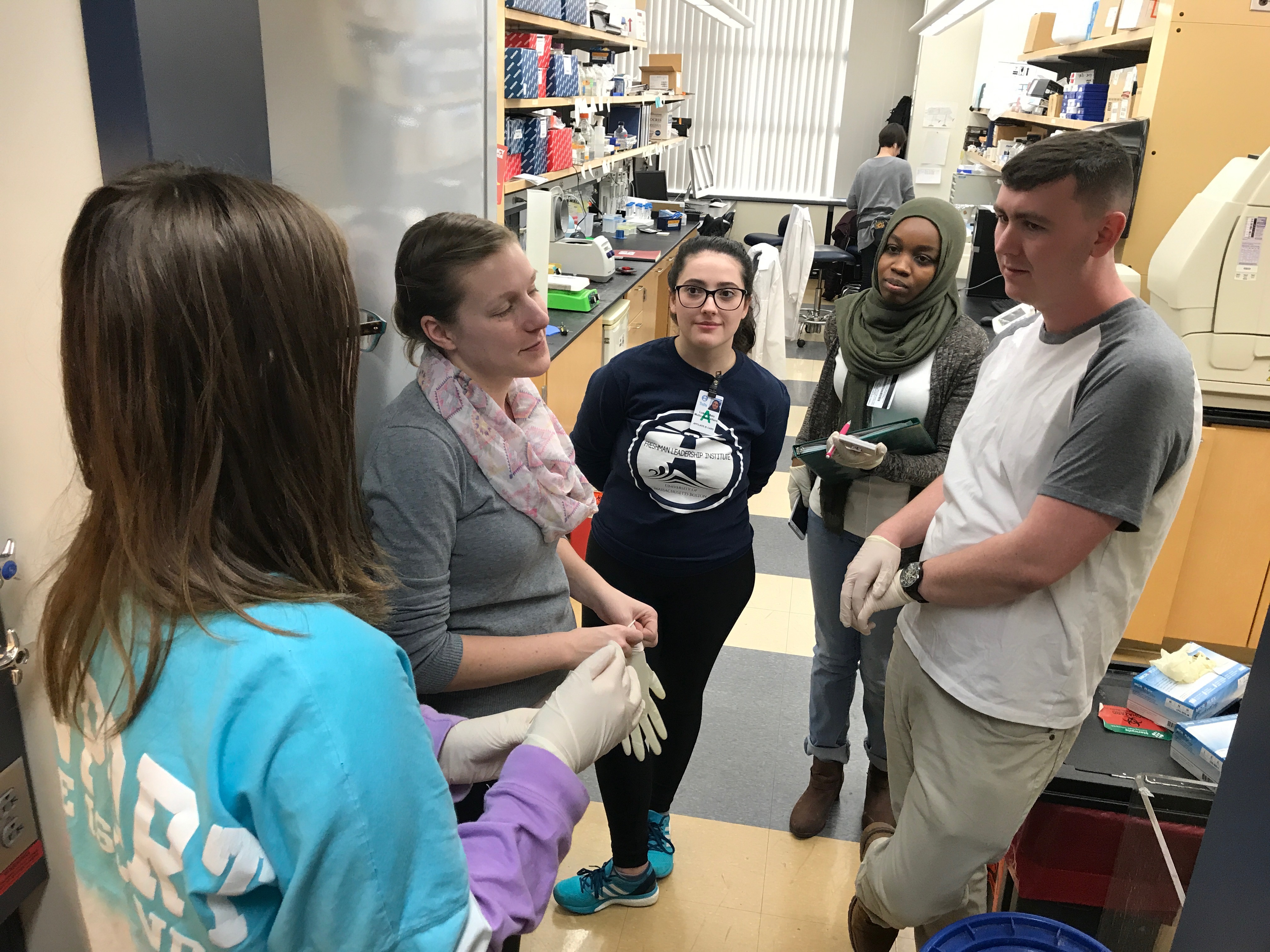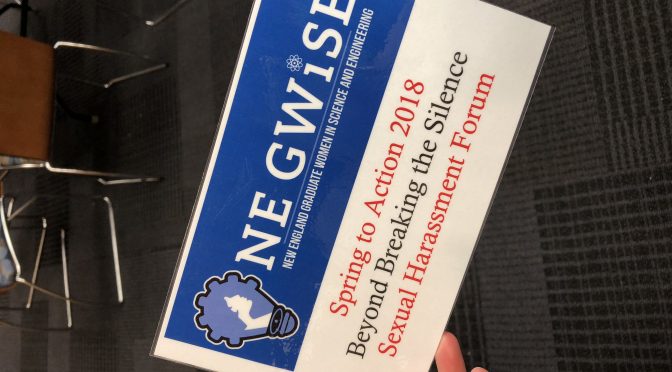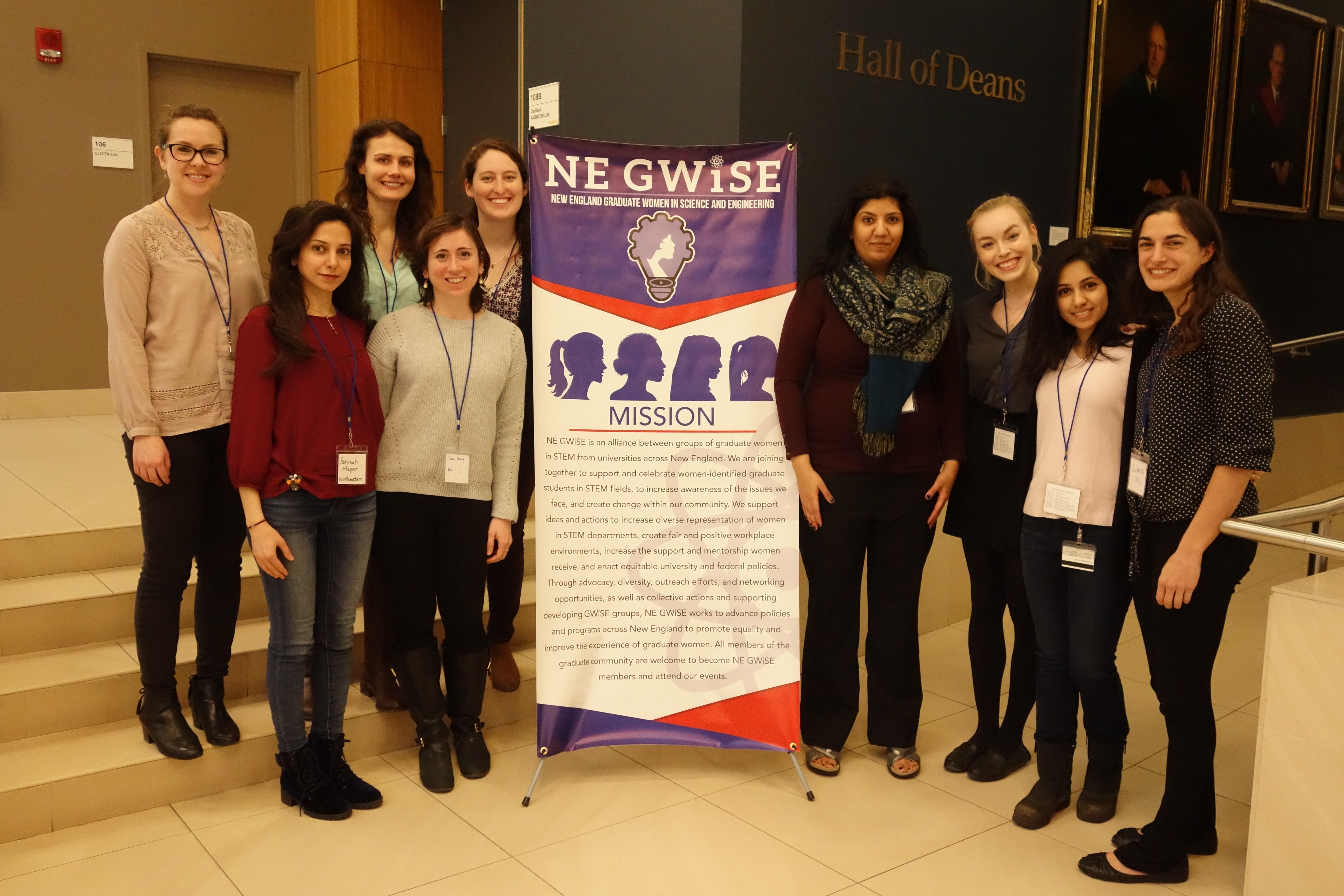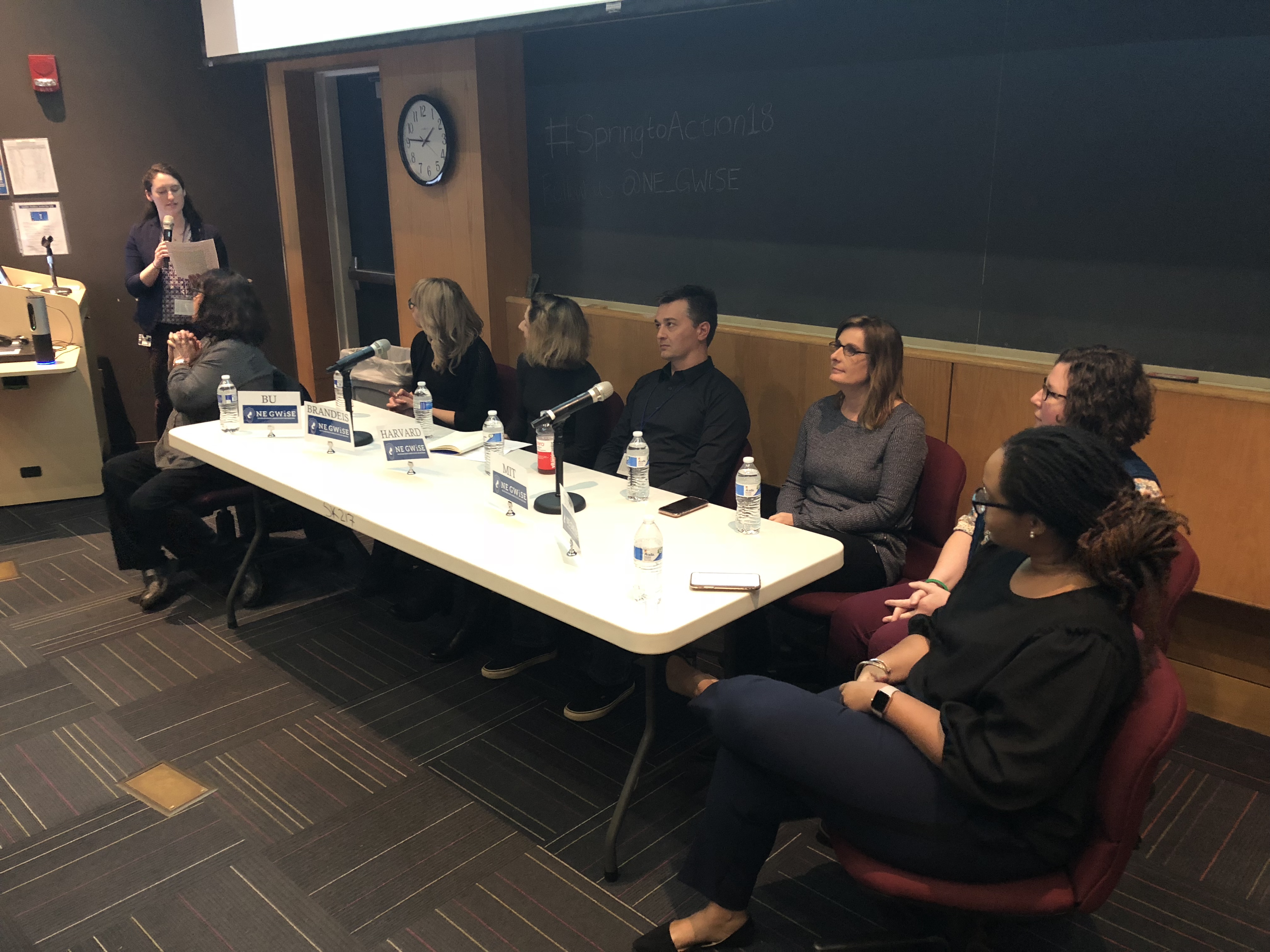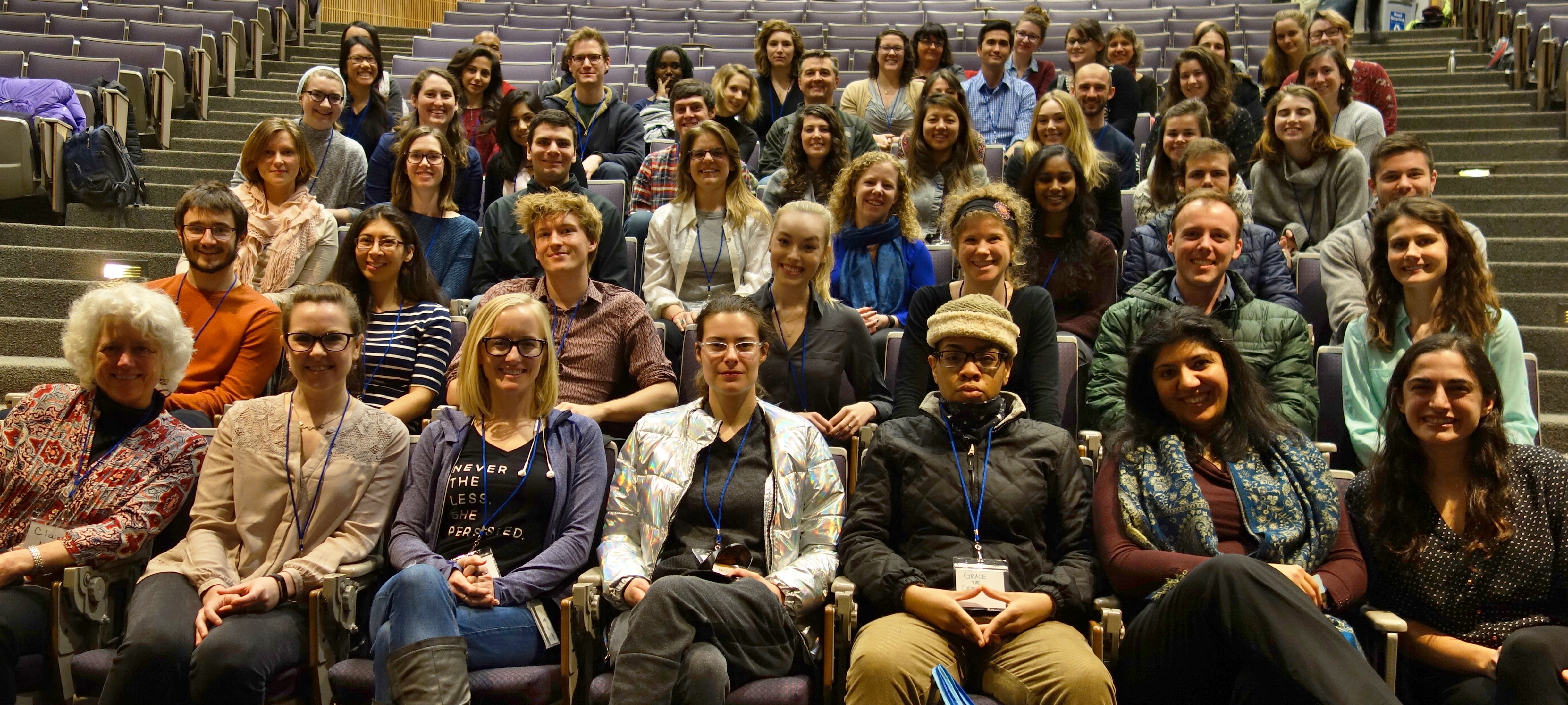This January, the Massachusetts Attorney General released a memorandum to the public as part of her lawsuit against Purdue Pharmaceuticals and their owners, the Sackler family. This lawsuit alleges gross misconduct on the part of the Sackler family in their unethical marketing and selling of OxyContin, valuing corporate profit over the safety and lives of patients. The United States is in the midst of a deadly opioid epidemic, caused by pharmaceutical companies like Purdue selling potent, addictive opioids and lobbying physicians to overprescribe these drugs to their patients.
Tufts has well known financial connections with the Sackler family, who have donated vast sums of money to the university and supported the founding of the Masters of Science in Pain Research, Education, and Policy. This relationship is painfully evident in the name of the Sackler School for Graduate Biomedical Sciences. Worse, the Sacklers and Purdue used their connections to Tufts to push pro-opioid propaganda into the medical community. At one point, Purdue employees allegedly inserted pro-opioid information into the pain management curriculum, bragging afterwards about “penetrating this account.” The full extent of how Tufts is funded or influenced by the Sackler family is unknown to the public. Not only is this relationship unethical, it also poses a potential serious conflict of interest in the university and threatens the integrity of Tufts’ biomedical research and education.
In response to the lawsuit memorandum and increased media scrutiny, Executive Director of Tufts Public Relations Patrick Collins released this statement:
“The information raised in the Attorney General’s lawsuit against Purdue Pharmaceuticals and other defendants is deeply troubling. We will be undertaking a review of Tufts’ connection with Purdue to ensure that we were provided accurate information, that we followed our conflict of interest guidelines and that we adhered to our principles of academic and research integrity. Based on this review, we will determine if any changes need to be made moving forward.”
This official response offers no details, accountability, or mechanisms of transparency and is inadequate. Instead of working to solely minimize public relations damage, Tufts has a responsibility to hold itself and the Sacklers accountable. While the focus of this petition is on the Sackler family, we are conscious of the fact that Tufts receives donations from other powerful families and organizations, such as the Koch brothers. Tufts’ relationship with the Sacklers underscores the need for democratic accountability more broadly.
We need your help in making change happen. We are collaborating with students in the Tufts Medical School to demand changes. However, Tufts University is more than just the medical school, or the undergraduate campus. We want a representative coalition, with support from community members (students, faculty, workers, etc) across all the programs. By signing this petition, you are affirming your support for the following demands from Tufts leadership:
- A fair and transparent investigation into all connections between Tufts University and the Sackler family. The results of the investigation must be made public, and an open forum must be held where students and community members can raise their concerns.
- A plan for instituting community oversight of all future donations to Tufts programs that includes a review committee comprised of students, faculty, and community members, and an annual public report of all donors.
- Appropriate steps to defend Tufts’ academic integrity, including the removal of Purdue-sponsored curriculum material and the acknowledgement of any research produced with a conflict of interest, especially those produced through the Masters of Science in Pain Research, Education, and Policy program.
- Financial support for opioid treatment programs through the School of Medicine and the University at large.
- A name change for the Sackler School of Biomedical Sciences, the Sackler Building, and any Sackler Family affiliated edifices or institutions at Tufts University.
- A revocation of the honorary degree provided to Raymond Sackler and any awards or recognition provided to the Sackler Family including plaques, signage, and dedications.
Petition Link –
http://bit.ly/SackSacklerPetition
This petition will be used to demonstrate to the University administration a demand for action from the Tufts community. With a growing number of concerned voices from students and faculty from all parts of the Tufts community we believe we can begin to address this problematic legacy and make changes for the betterment of Tufts as an institution and our community at large.

